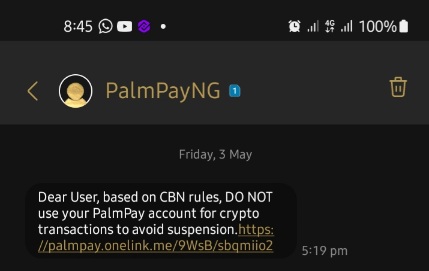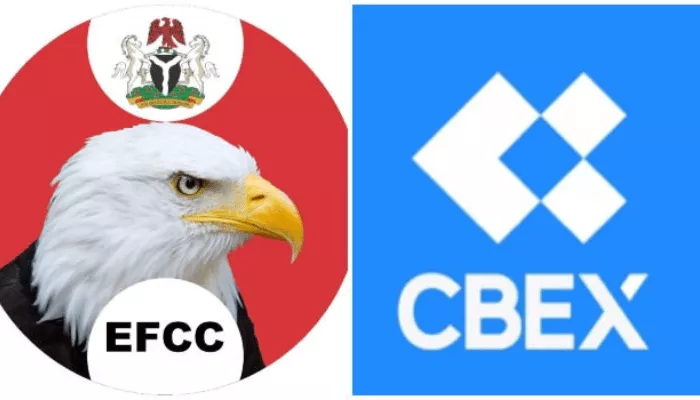Let’s face it, the world of cryptocurrencies can be a wild ride. Here in Nigeria, it’s been no different. We just went from a two-year crypto freeze to a tentative peace treaty with the Central Bank, only to be staring down the barrel of a potential P2P trading ban. Buckle up, folks, because things are about to get interesting again.
Do you recall December 2023? For fans of cryptocurrencies, that was a successful month. It seemed like a breath of fresh air when the Central Bank of Nigeria (CBN) officially lifted the prohibition on cryptocurrency transactions. All of a sudden, the Securities and Exchange Commission (SEC) and cryptocurrency exchanges were in conversation regarding licensing. Nigeria appeared to be at last adopting the digital asset revolution.
But hold on to your digital wallets, because things took a sharp turn in recent months. The authorities started pointing fingers at crypto speculation for the volatility in the foreign exchange market. Then came February 2024, and the CBN Governor dropped a bombshell: $26 billion in untraceable transactions allegedly processed by Binance. Yikes. This led to a crackdown on the global exchange and a freeze on bank accounts linked to P2P activity.
Here’s where things get a bit murky. As we heard last week, a curious directive issued to several prominent fintech companies—stop opening new accounts immediately—sent shockwaves through the industry. The source of this order remained a mystery, with the Economic and Financial Crimes Commission (EFCC) and the NSA both denying involvement.
Fast forward to a recent TMT Business Law conference in Lagos, and the plot thickens. Tosin Eniolorunda, CEO of Moniepoint, sheds some light on the situation. Apparently, the NSA was concerned about the ease of opening accounts on fintech platforms, fearing they were being used for crypto trading. This rapid account creation, originally intended to boost financial inclusion, has backfired in the eyes of the authorities.
Contents
Concerns about Binance P2P Manipulation
The potential link between crypto speculation and the weakening naira has been a major concern for the CBN. Several sources, including an investigative report by Shelaf, have pointed to alleged manipulation on P2P platforms like Binance. These reports suggest that coordinated trading activity could be artificially inflating the price of certain cryptocurrencies, leading to a domino effect on the naira exchange rate.
These worries are perhaps the reason for the CBN’s choice to focus on P2P trading. They intend to stop any manipulative actions and take back control of the FX market by limiting P2P activity.
What does all of this indicate for Nigeria’s P2P cryptocurrency trade going forward? Though the formal ban notification has not yet been made, it appears that the time is running out. Fintech businesses such as Moniepoint, Paga, and Palmpay are preparing to freeze accounts linked to cryptocurrencies and notify law police about them.
The potential consequences of a P2P ban are a cause for concern. It could stifle innovation in the Nigerian fintech space and discourage legitimate crypto users. Plus, there’s the question of enforcement: how effective will a ban be in tackling the authorities’ concerns? Only time will tell.
One thing’s for sure: the Nigerian crypto landscape is on a rollercoaster ride. We’ve seen highs and lows, and it’s anyone’s guess where the next twist will take us. Stay tuned, folks, because this story is far from over.












